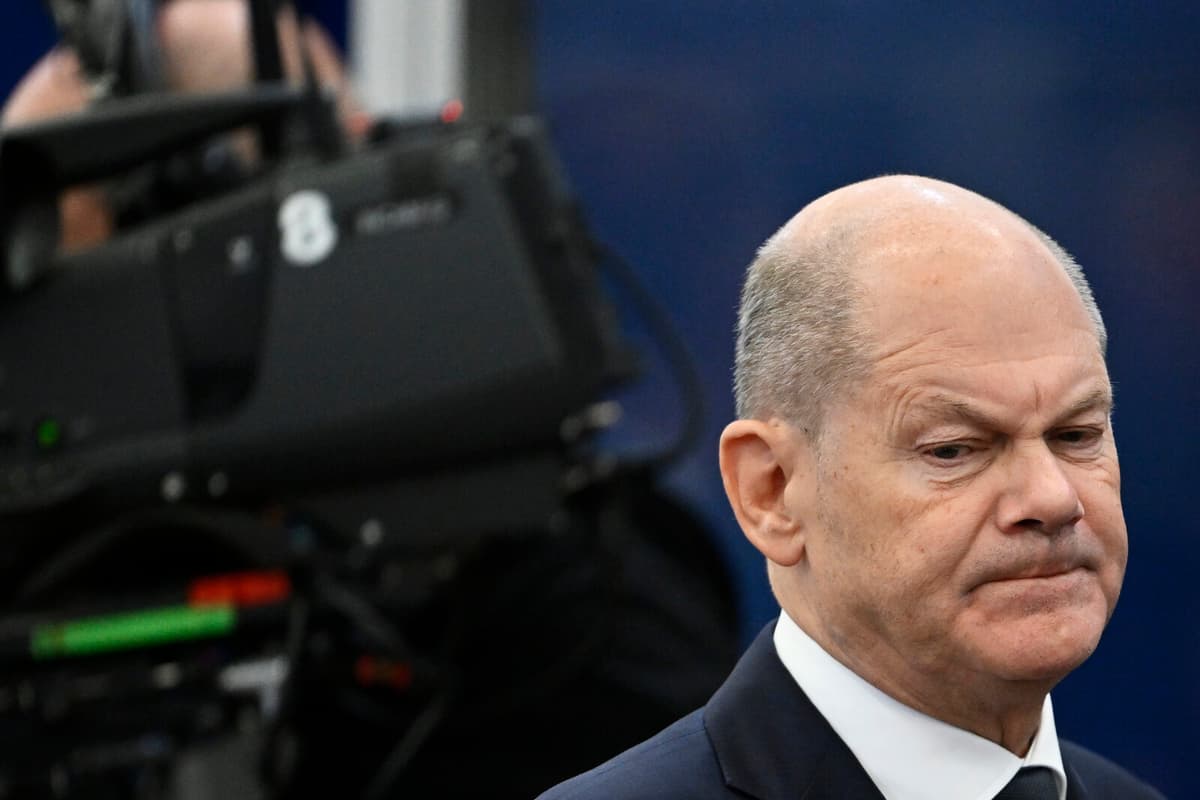The sudden and deep political crisis shocked Germany and affects the EU's top meeting. The collapse occurred after weeks of tensions within the German coalition government, which was formed in December 2021 after lengthy negotiations.
Social Democrat Scholz's statement about talks on a date for new elections came after the opposition, and primarily the conservative CDU leader Friedrich Merz, demanded an early new election.
Fired Finance Minister
Scholz fired Germany's Finance Minister Christian Lindner from the liberal FDP on Wednesday, and thereby broke the fragile three-party government, which also included the Green party. Scholz then called for a vote of confidence in the spring, followed by a new election if his government is voted down.
Scholz is simultaneously urging his political opponents to a "calm debate" about what his minority government can achieve in 2024.
He says that the continued government work "can provide answers to the questions about when the time is right" for a vote of confidence in the Bundestag, reports the German newspaper Tagesschau.
That's not enough, rages CDU's Friedrich Merz and the far-right extremist party Alternative for Germany's leader Alice Weidel, who want to see a vote of confidence as early as next week.
Quit
Lindner's resignation led the three remaining FDP ministers in Scholz's so-called traffic light coalition (after the parties' colors) to resign in protest – and the government cooperation's collapse was thereby a fact.
Transport Minister Volker Wissing has, however, withdrawn his resignation and instead chosen to leave the FDP. He has also been appointed by President Frank-Walter Steinmeier as acting Justice Minister.






